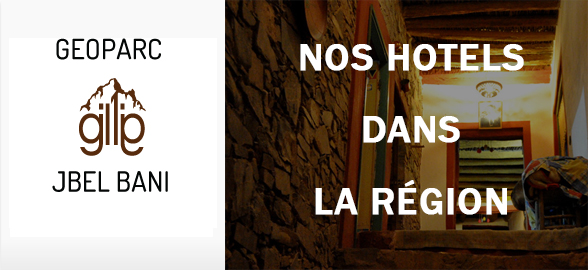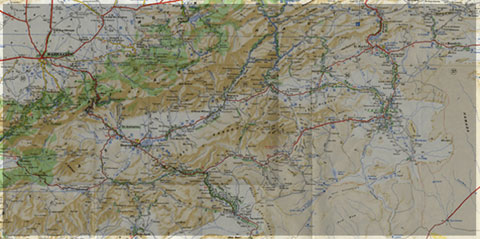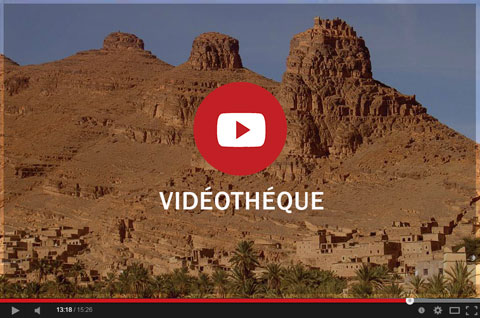Recherchez sur le site !
Recherche avancée / SpécifiqueCatégories publications
+ Sciences De La Terre - Archéologie - Astronomie - Spéléologie - Ecologie - Pédologie - Volcanologie - L'hydrogéologie - Géomorphologie - Minéralogie - Pétrologie - Paléontologie - Géologie + Climatologie - Réchouffement climatique - Changement climatique + Plantes - Plantes Aromatiques - Plantes médicinales + Zoologie - Faunes + Botanique - Flors + Sciences humaines - Géo Eco Tourisme - L’anthropologie - L'Histoire - Démographie - Sociologie - Géographie - Patrimoine culturel
Géo éco tourisme inclusif

Géoparc et Recherche Scientifique
Le coins de l’étudiant



Blog Géoparc Jbel Bani
'Field work': drawing lessons from urban agriculture to facilitate transitions towards sustainable cities
Sandrine Simon
Email Corresponding author: f80149@ulusofona.pt CeiED, Universidade Lusófona, Portugal
Abstract:
Based on a research project focused on urban agriculture initiatives in Lisbon, this article explores the three dimensions (economic, ecological and social) of sustainability, in view of improving our understanding of what a ‘sustainable city’ may be. In particular, it describes how urban agriculture is helping i) to meet one of the most basic human needs for food; ii) to improve both people’s health - by tackling people’s diet – and the ‘environmental health’ of a city – and by introducing more ecologically-friendly agricultural processes that also help fight climate change and water problems; and iii) to tackle social cohesion issues – by facilitating exchanges and learning within communities. Three critical policy areas where ‘back to human scale’ can have a global impact are then investigated, using the lessons drawn from Urban Agriculture (UA): a) Education for sustainability – and how territorial and social learning can also have an impact on global citizenship education; b) Participatory governance – linking citizen science with urban governance, using ICTs; and c) Political ecology – including fighting climate change through new forms of activism such as ‘proximity and disruptive dissent’ and improving people’s awareness on the political dimensions of food production through alternative food networks dealing with food democracy. The article demonstrates the contribution that modest practical actions undertaken by individuals at neighbourhood levels could have at policy levels if advances in ‘participatory urban governance’, put forward by policy-makers and researchers, are to be taken seriously and better connected to the realm of ‘practical (field-) work’.
INTRODUCTION
Addressing current urban challenges (Skar et al., 2020) led, in the case of Lisbon, to the development of measures focused on waste recycling, reduction of CO2 emissions and greening of the city. Their success was recognized through the city being awarded the title of ‘Green capital of Europe 2020’ by the European Commission in June 2018. In terms of CO2 emissions and energy consumption, Lisbon was the first European capital city to sign the New Covenant of Mayors for Climate and Energy in 2016, after achieving a 42% reduction in CO2 emissions from 2002 to 2014 (EU, 2020). However, the overall environmental plan of the city went further with a new Master plan in 2012 (for 2012-2022) (CML, 2016) and the Lisbon Strategy (2010-2024), resulting in a considerable increase in green corridors, a strong emphasis on public transport, walking and cycling, and a Climate Adaptation plan including the planting of 100,000 trees to help reduce temperatures (Santos et al., 2015) . But there is a danger in assuming that greening a city makes it ‘sustainable’ and recent disruptive events (such as the Covid pandemic and the war in Ukraine) revealed weakness points that particularly matter for a city to be sustainable and resilient2.
A new interest for developing agriculture in urban areas has emerged in Western cities as part of ‘food movements’, and Urban Agriculture (UA) is now seen as having the potential to becoming a key part of strategies for reducing cities’ ecological footprint, recycling urban wastes, containing urban sprawl, protecting biodiversity, building resilience to climate change, but also stimulating regional economies, and reducing the dependency on the global food market (Poli, 2017). This article starts by focusing on the benefits of urban agriculture, each related to the dimensions of sustainability. It then demonstrates how actions at a human scale could have policy implications to make Lisbon more sustainable.
PDF Article Complet
Source web par : Sandrine Simon
Les tags en relation
Dictionnaire scientifique
Plus de 123.000 mots scientifiques
Les publications
Géo parc Jbel Bani

Circuits & excursions touristiques

cartothéques


Photothéques
Publications & éditions




